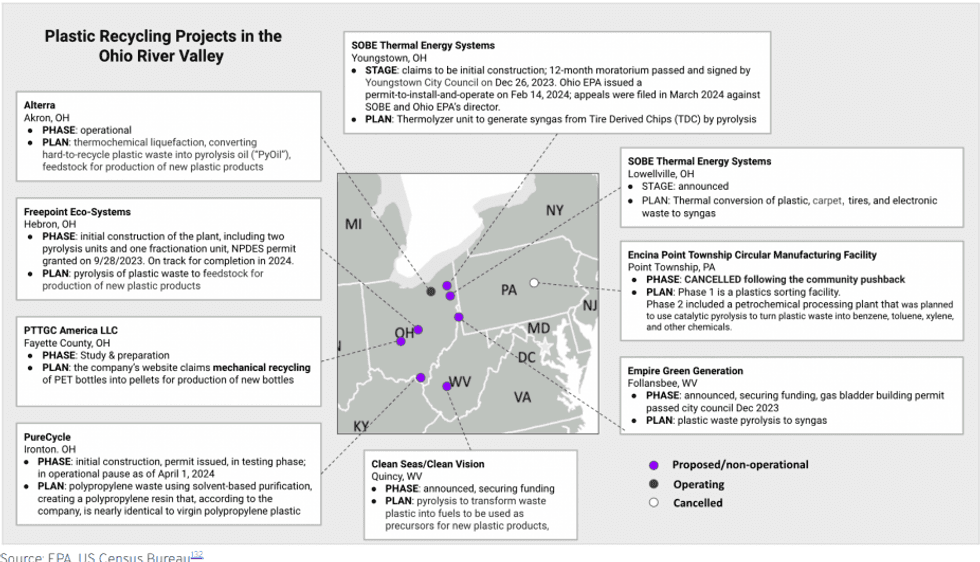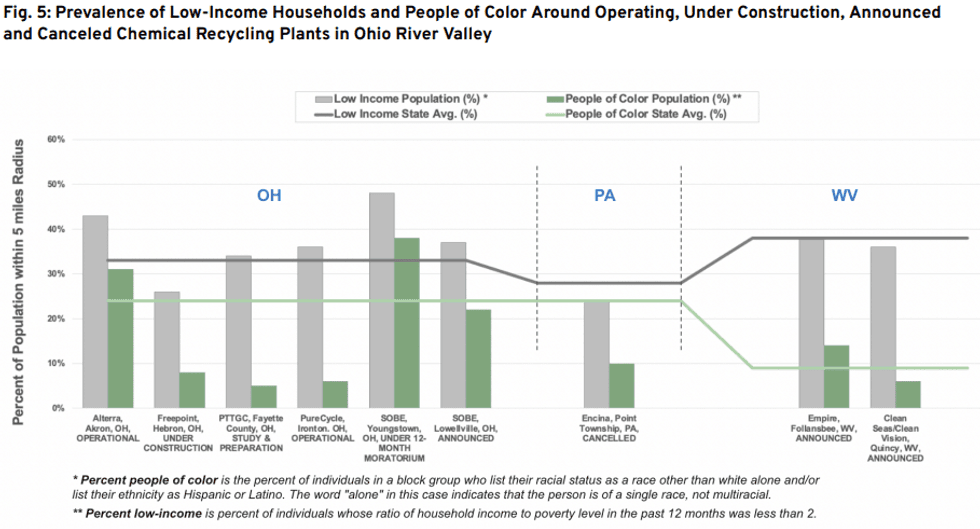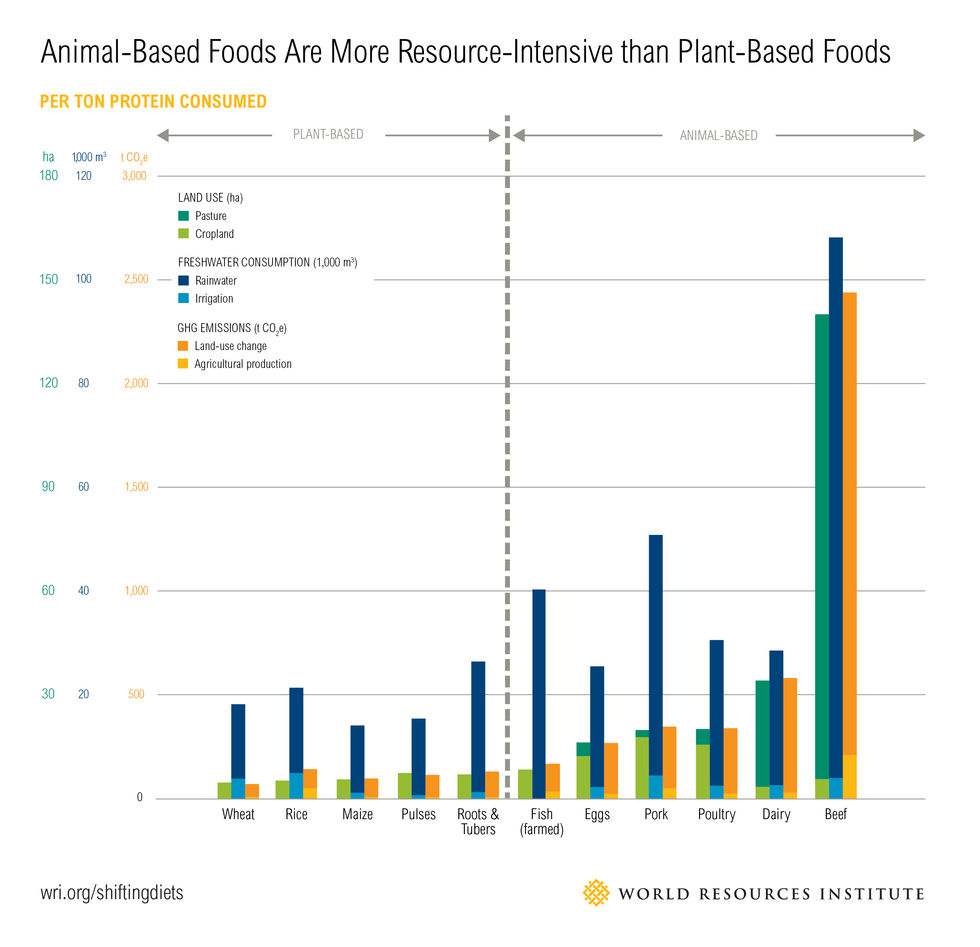The Washington Post reported that extreme heat recently killed at least 28 people across the nation.
Yet, despite several requests from states over the years, most recently California during a 2022 “heat dome” and wildfires, no White House has ever approved a disaster declaration for heat or smoke.
Some states outright ignore the dangers in the name of greed. Over the last 13 months, Texas and Florida have enacted laws that block localities from issuing heat protection rules for workers. Nationally, the Biden administration proposed on July 2 new rules to protect workers from heat. But the U.S. Chamber of Commerce and a host of construction and agricultural lobbying groups have opposed the prospect of rules for months and are sure to oppose them in the courts.
It is clear that the opposition is willing to risk sacrificing lower-wage construction and farm workers to the sun’s brutality as executives count the cash in air conditioned offices. Farm workers make an average $13.59 an hour. Hispanic construction laborers make $15.34 an hour, well below the $25-an-hour living wage for a family of four in the Massachusetts Institute of Technology’s Living Wage Calculator. Farm workers respectively have 35 times and 12 times higher risk of heat-related injuries than in all other industries.
Making the latest case for disaster declarations is a consortium of 31 environmental, public health, labor, and justice groups, led by the Center for Biological Diversity. In a June 17 petition to FEMA, the groups warned that the record-breaking heat and fire disasters we are already experiencing are likely only the beginning. The world’s nations, particularly the top burners of fossil fuels such as the United States, have yet to unify to prevent uncontrolled global warming.
“These may be the coolest days and the cleanest air of the 21st century,” the petition said, “and it is already unbearably hot and unsafe for too many Americans.”
The petitioners hope that disaster declarations can unlock federal funds for short-term relief such as cooling centers, water supplies, emergency air conditioning and air filtration systems, and financial assistance for evacuations. Declarations could also lead to money for long-term, proactive mitigation, such as renewable energy storage and microgrids to withstand utility blackouts, and retrofitting of homes and buildings to be more energy efficient and weatherized.
That is vitally important for disadvantaged families who are more likely to live on shadeless, asphalt and concrete “heat islands.” Such communities are often already overburdened with pollution associated with fossil fuel burning and proximity to polluting industries. The petition called extreme heat a “harm multiplier” for these communities because of poor housing stock, difficulty in paying utility bills, and pre-existing poorer health.
In making their case, the 31 environmental groups cite data from the Intergovernmental Panel on Climate Change, projecting that financial cost of extreme heat in the United States will explode fivefold to half a trillion dollars a year by 2050.
There is something else that would make their case even stronger: Data on people. The federal government is woefully behind university researchers in calculating the current and future mortality of heat and smoke.
It should be just as much an emergency for the government to tell us the toll of heat and wildfire smoke. Especially since the government itself says “most heat-related deaths are preventable.”
Death behind closed doors
Property damage from tornadoes, hurricanes, and floods is easy to visualize and leaves the costs of emergency assistance and repair without much question. Because of the nation’s overall wealth, which gives us relatively sturdier dwellings and stronger rebuilds, deaths from those weather disasters are a fraction of the fatalities suffered in lesser resourced parts of the world. For instance, while Hurricane Katrina took 1,400 lives in the US in 2005, Cyclone Nargis in the Bay of Bengal made landfall in Myanmar in 2008 and killed 140,000 people—100 times more people than Katrina.
People perishing by heat or smoke one by one in the privacy of their homes or in the sterility of hospitals is relatively invisible. An analysis of heat deaths by the Cincinnati Enquirer found that about half of heat deaths happen at home, often to people who lack air conditioning, are elderly with pre-existing medical conditions, or who are socially isolated.
The petition by environmental groups points to the current invisibility of heat deaths. It cites federal data saying there were 2,300 deaths last year where heat was listed as a factor on death certificates. That by itself was a record in nearly a half-century of such record keeping. But left as is, that toll would seem to pale next to last year’s nearly 43,000 car fatalities, nearly 43,000 gun-related deaths, or 107,000 drug overdose deaths.
The number of heat deaths is assuredly far more. Heat is often not listed on death certificates as a contributing factor to the final cause of death, such as kidney failure, organ failure, and heart attack. There is no uniform protocol tying together how the federal government, the 50 states, or the nation’s 3,000 counties calculate heat-related deaths.
University scientists and health and safety groups are filling in the gaps as best they can.
In 2020, a study in the journal Environmental Epidemiology determined that 5,600 deaths a year were attributable to heat from 1997 to 2006, eight times higher than federal figures. In 2022, researchers at the University of Pennsylvania and the Philadelphia Veterans Administration Medical Center calculated that the number of people who died from heat-related causes between 2008 and 2017 was two to three times higher than federal figures. The Penn and Philadelphia VA researchers also found that extreme heat days were associated with “significantly higher” cardiovascular mortality among adults.
This spring, Texas A&M climate scientists Andrew Dessler and Jangho Lee told the Associated Press that last year’s real national annual heat death toll may be 11,000, nearly five times higher than the 2,300 cited by the government.
In the work world, the federal Bureau of Labor Statistics says 43 workers died in 2022 from heat. But reports by Public Citizen, the most recent being in May of this year, estimate that as many as 2,000 workers a year (46 times more) die from heat and another 170,000 are injuries triggered by heat, such as becoming dizzy and falling off a roof.
But the injury might simply be listed as a fall without mention of heat. Public Citizen says government figures are “decidedly unreliable” and “notoriously problematic” because they are based on self-reporting surveys of employers and “less than half of employers even maintain the required records.”
No matter what number you’re looking at, all of them are likely to soar much higher without concerted global action on climate change. Without a drastic and immediate cut in fossil fuel emissions, the planet is currently staring at a 5-degree Fahrenheit rise in temperatures this century, with the U.S. being the world’s biggest historical contributor to global warming gases.
According to a study published last year by Lee and Dessler in the journal GeoHealth, the US suffered an average of 36,444 deaths a year from extreme temperatures a quarter century ago, with most of those deaths being cold-related. With a rise of 5 degrees Fahrenheit, that number could explode to 200,000 a year this century, driven significantly by shifts of heat mortality to Northern cities. Among the cities with the highest projected temperature increases are Minneapolis, Milwaukee, and Muskegon, Minnesota.
Smoking out data
Parallel to that, and arguably worse, there is virtually no federal data on the fatal impacts of wildfire smoke. The National Oceanic and Atmospheric Administration (NOAA) lists a mere 535 deaths directly from wildfires over the last 45 years in its list of “Billion-Dollar Weather and Climate Disasters.” But there are likely thousands more from the smoke, which is associated with cardiovascular, ischemic heart disease, digestive, endocrine, diabetes, mental, and chronic kidney disease mortality.
Such smoke is not covered by the Clean Air Act, and there is growing evidence that it is eroding decades of gains in the nation’s air quality under the act. A new study by researchers at UCLA found that the fine particulate matter (known as PM2.5) in wildfire smoke that easily passes into the lungs and spreads throughout the body, contributed to the premature deaths of more than 50,000 people in California from 2008 to 2018, with an economic impact of between $432 billion and $456 billion.
Another study this spring by the National Bureau of Economic Research found that 16,000 people a year died from smoke PM2.5 across the US from 2011 to 2020. That study found that elevated long-term smoke concentrations “increase mortality rates at both low and high concentrations.” Wildfire smoke, as the nation found out last year with its orange-brown skies that dulled the sun into a moon-like disk, spreads for so many thousands of miles from its source that the study projects a “large mortality burden not only in regions where large fires occur but also in populous regions with low smoke concentrations (e.g., the eastern US).”
Juan Aguilera, a physician researcher at the University of Texas School of Public Health in El Paso, found that wildfire smoke stresses immune systems and triggers inflammation. He told National Public Radio that living in a wildfire-prone area is “something equivalent to smoking like one pack a day, or 10 packs a week.”
Today’s 16,000 deaths a year from wildfire smoke could grow to nearly 28,000 by mid-century under a high warming scenario and take a cumulative 700,000 lives by 2055, according to the National Bureau of Economic Research.
“Our research suggests that the health cost of climate-driven wildfire smoke could be among the most important and costly consequences of a warming climate in the US,” NBER scientists said.
That concern is bolstered by a new study by Australian researchers who found that the number of extreme wildfires has doubled since 2003, with the last seven years including six of the most extreme. Lead author Calum Cunningham told the New York Times last month, “That we’ve detected such a big increase over such a short period of time makes the findings even more shocking. We’re seeing the manifestations of a warming and drying climate before our very eyes in these extreme fires.”
Adaptation could cut into the mortality risk, but it alone is likely not enough, given how Lee and Dessler noted in their study: “Many adaptive responses (e.g., installing air conditioning, improved health care, better urban planning) are too expensive for poorer individuals or communities, so adaptation will necessarily require society to pay for much of the adaptation. This would represent a huge transfer of wealth from richer to poorer members of our society, a dicey proposition in today’s political environment.”
Even better, of course, would be a serious drive toward net-zero greenhouse gas emissions. The International Energy Agency says no new gas, oil or coal investment is necessary as renewables, energy efficiency and electrification already can deliver the vast majority of emissions reductions.
New mentality needed at FEMA
Though all heat-related disaster declaration requests to FEMA thus far have been denied, agency spokesperson Daniel Llargues told National Public Radio that “there’s nothing specific” in federal law that precludes such a declaration. “If a circumstance did occur where an extreme heat incident exceeded state and local capacity, an emergency or major disaster declaration request submission could be considered,” Llargues said in an email.
And the White House can make a disaster declaration regardless of FEMA’s recommendation. In May, President Biden overruled a FEMA denial of a major disaster declaration so parts of Massachusetts could get federal aid to recover from severe storms and flooding last September.
The process of FEMA better understanding a “circumstance” where extreme heat and wildfire smoke constitutes a disaster starts with a better understanding of the danger. Some parts of the government are trying to mine the data, such as the National Institute of Health’s Heat Information System.
Extreme heat and wildfire smoke also offers FEMA a fresh chance to create new paradigms of aid, to avoid inequities seen in other disasters. Current FEMA storm funding often maintains systemic racism, putting communities with more white residents and higher property values back on their feet, while low-income people and communities of color, historically hemmed into lower property values by redlining, are left on their knees.
As Politico wrote in 2022, FEMA grants to help richer families raise homes above flood levels “have helped turn dozens of wealthy or overwhelmingly white areas into enclaves of climate resilience. The communities are seeing rising property values and economic stability, while much of the nation faces devastating effects of rising seas and intensifying floods.”
One can only imagine the results if the same mentality is ultimately applied to communities marooned on “heat islands.” Seniors and Black adults are at disproportionate risk of cardiovascular deaths from extreme heat according to a Penn study last year. A 2022 Penn study warned, “As extreme heat events increase, the burden of cardiovascular mortality may continue to increase and the disparities between demographic subgroups may widen.”
The same can be said for those lower-wage farmworkers, construction workers and other industries where heat is a major risk. Often, the workers in those industries are disproportionately of color and immigrants. Other trades where heat is a high risk include landscaping, and indoor jobs in warehouses, restaurant kitchens, mills, and doing maintenance.
And let’s not forget public school teachers and staff, as huge percentages of the nation’s public school buildings are not equipped for the rising heat.
Better data needed
There are scientists, including UCS’s Juan Declet-Barreto, who have long called for standard methodology to more accurately determine whether excess deaths originated with heat or smoke exposure. Last year, Ashley Ward, the director of Duke University’s Heat Policy Innovation Lab, wrote in STAT that we need much better and uniformed coding for external causes of injuries and incentives for health systems to apply the codes for cases involving extreme heat. Without uniform coding, the public is left to weigh the emerging body of studies that have different estimations and may “add to the incorrect assumption that there is a lack of scientific consensus.”
Seconding the call for data collection is the Federation of American Scientists. Among its major list of recommendations is a “whole-of-government strategy to address extreme heat.” The federation said that true mortality counts are “essential to enhancing the benefit-cost analysis for heat mitigation and resilience.”
But having heat- and smoke-related mortality data is more than that. Knowing the true toll might help jolt the nation into action on climate change sooner and lessen the mitigation and resilience we will need. One only need think back to the peak of the COVID-19 pandemic and how critical data was to devise public health policy. Currently, the federal data on extreme heat and wildfire smoke itself constitutes a major disaster.
This post originally ran on The Union of Concerned Scientists blog and is republished here with permission.
























